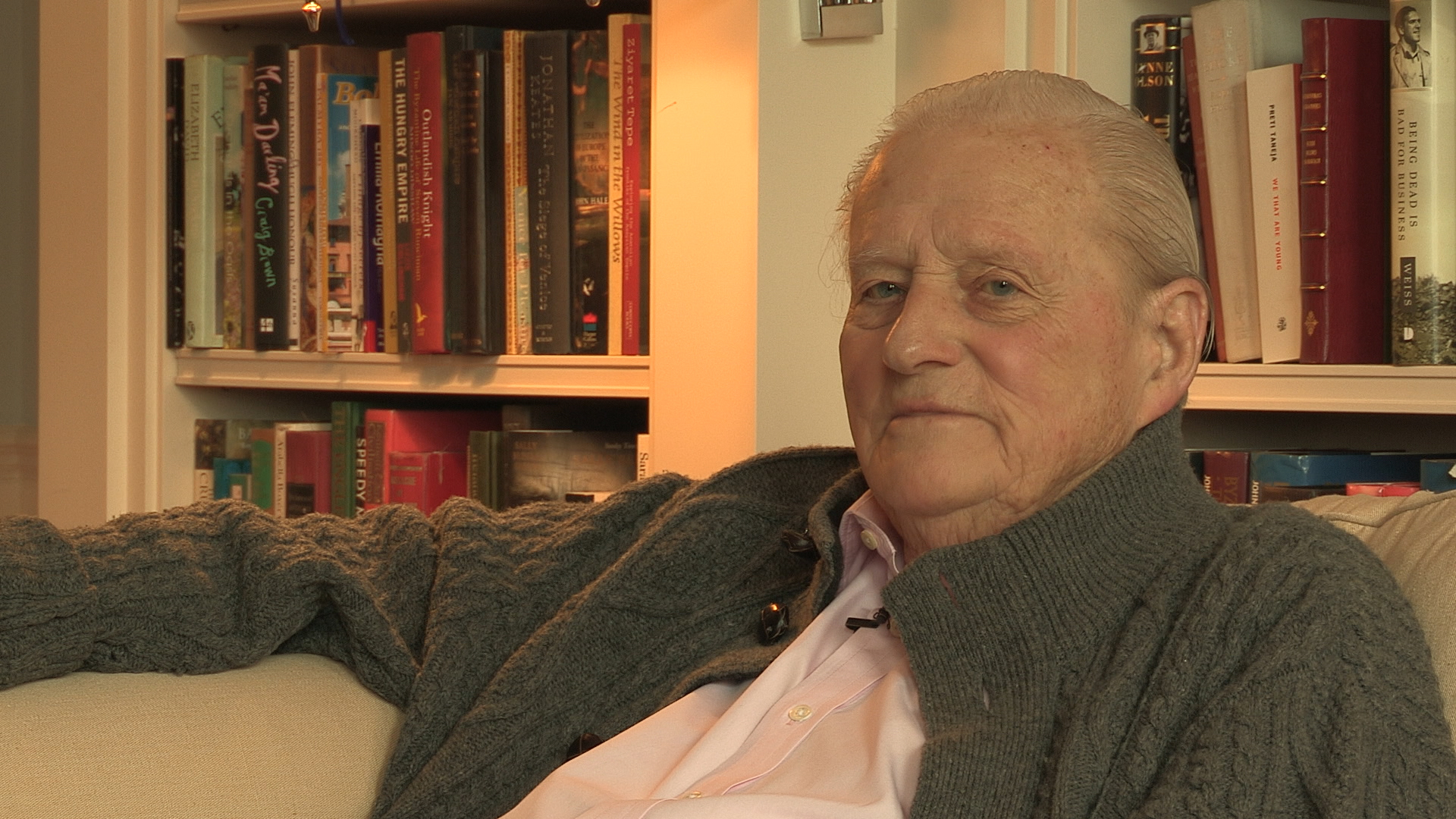So we got on the boat to Genoa at around sort of six o'clock in the evening, and we really had a very enjoyable week's cruise. I felt, really, the Foreign Service is really treating me most remarkably well. And we stopped at all the right sort of places: we stopped in Naples, we stopped in Syracuse, we stopped in Athens, we stopped in Alexandria. And we finally got to Beirut, I think, about six days after we left where there was a warm welcome from the Embassy, much nicer than when we'd arrived in Belgrade where nobody seemed to want us – there was nowhere for us to live.
This time we very rapidly found by far the most beautiful house I've ever lived in, which was a very old-fashioned Lebanese house with tall... tall windows with tracery on them, sort of Gothicy windows, groups of three, rather like the Venetians used to do. It was very much an old Lebanese style. It was perfectly lovely, looking out onto an enormous terrace where you looked out... you had a view of the sea there and the city there, we were quite high up, the city down there, just below us. And to there was a great, white, double-crested mountain of Sannīn, with snow on it all the time, even in mid-summer, a little bit, you know. And it was the most glorious view. It was pretty uncomfortable. I mean, there was only one very seedy little bathroom in which you had to light a fire about half an hour before you wanted to bath, things like that. But that was... that seemed to us a very small price to pay for the beauty of the house. And when we had English guests to stay, as we did sort of quite often, if it was over the full moon – for six months of the year we had dinner out on our terrace, and for six months of the year – and we always tried to have a dinner party, if possible, with some English visitors on the night of the full moon. And you put the English visitor there facing the mountain, knowing that at 9.10 their jaw would drop open as this enormous, yellow, grapefruit rose from behind the snowy mountain, you know. And that was the wonderful thing about the weather in Beirut: you could trust it. You could say, we will go out on a picnic on next Thursday week and you would know that there wouldn't be a cloud in the sky. That was, I think, one of the reasons I loved it most, actually. But, of course, it was in those days a sort of terrestrial paradise, I mean, apart from the perfectly lovely climate. Well, all right, it occasionally got a bit too hot in the summer, but if it did you could, within half an hour you could drive up to 2000 feet in the mountains where there was a nice cool restaurant, and, you know, and get some lovely, fresh mountain air before coming back to bed. And there were wonderful restaurants anyway, because, of course, the French had been there for so long and they'd left a wonderful gastronomic legacy.






